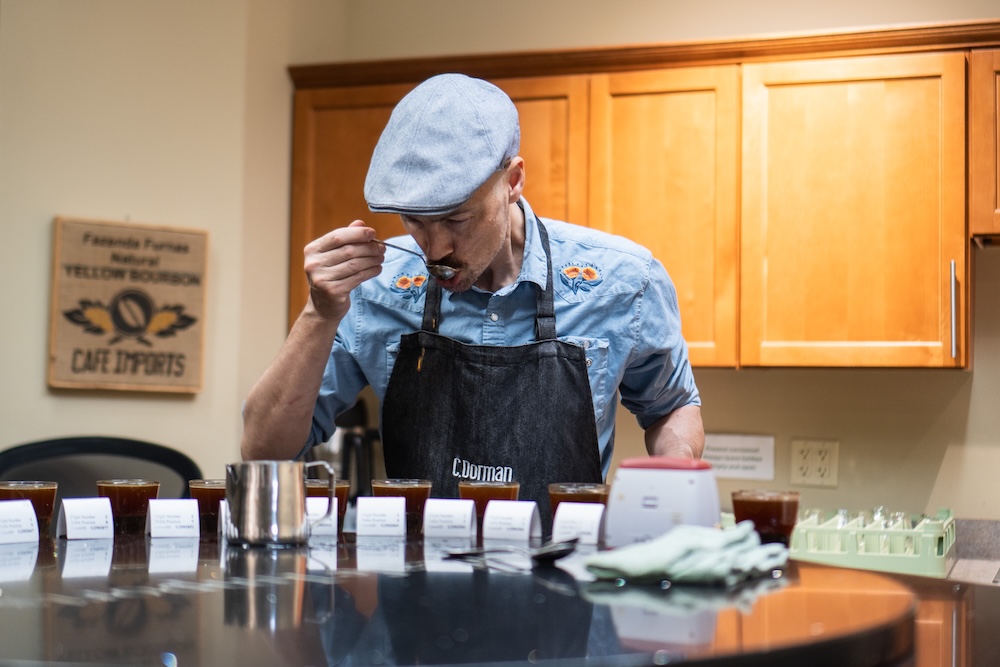
Map It Forward Podcast – What Is Quality in the Coffee Industry?
Ian, Director of Sensory Analysis, spoke with Lee Safar on The Daily Coffee Pro Podcast by Map It Forward on the meaning of quality in specialty coffee. Check out the episodes here.

Ian, Director of Sensory Analysis, spoke with Lee Safar on The Daily Coffee Pro Podcast by Map It Forward on the meaning of quality in specialty coffee. Check out the episodes here.

What if your cupping tool was built to help you focus on the cupping, rather than the form?

As the new harvest of Costa Rican coffees begins to arrive, we’re proud to announce the second year of Echoes of Coffee, our ongoing documentary series that highlights the voices, lives, and legacies of long-standing coffee producer partners.

Recorded live during SCA Expo in Houston, both parts of this special podcast are available now. Listen or watch here.

Travel through Sidama, Yirgacheffe, Guji, and Gedeo to meet producers, visit washing stations, and learn more about Ethiopian coffee production.

How we imported the first specialty coffees from a small, overlooked East African country.

We’ve got five hours of coffee education and plenty of other content waiting for you on our YouTube channel.

Meet the people behind ARGCAFEE and hear their story—from their humble beginnings to the impact they’ve had on the community through collective action and market access. Two new videos are out now.

A group of seven producers formed FUDAM in 2000 to protect and spread environmentally conscious farming. Learn more about the association’s history and work with two new videos interviewing founding member Raquel Lasso Muñoz.

Navigating a history of coffee-buying challenges in Ethiopia to source deeper and purchase better.

In sensory analysis, common physiological and psychological sensory errors should be accounted for when designing cupping protocols. Ian Fretheim, Director of Sensory Analysis, is diving into the research around these common sensory errors and explaining how we can control for them. Check out the second article of the series here.

In this episode of Echoes of Coffee, we journey into the world of Diego Abarca Quiros, a passionate fourth-generation coffee farmer, and his extraordinary work at the Alto San Juan Micromill. Diego inherited his love for coffee and three hectares of land from his father. Today, his dream is a vibrant reality, and he shares his story of perseverance, innovation, and the pursuit of excellence. Learn more about his story here.

If you’re always absorbing the latest podcasts on coffee news and happenings, then we’ve got a new one for you. Ian Fretheim, Director of Sensory Analysis, was recently on Keys to the Shop to discuss the Coffee Rose and the importance of context, transparency, and accessibility in sensory analysis. If you’re a Coffee Rose user, Coffee Rose curious, or just want to learn more about coffee evaluation, check this one out.
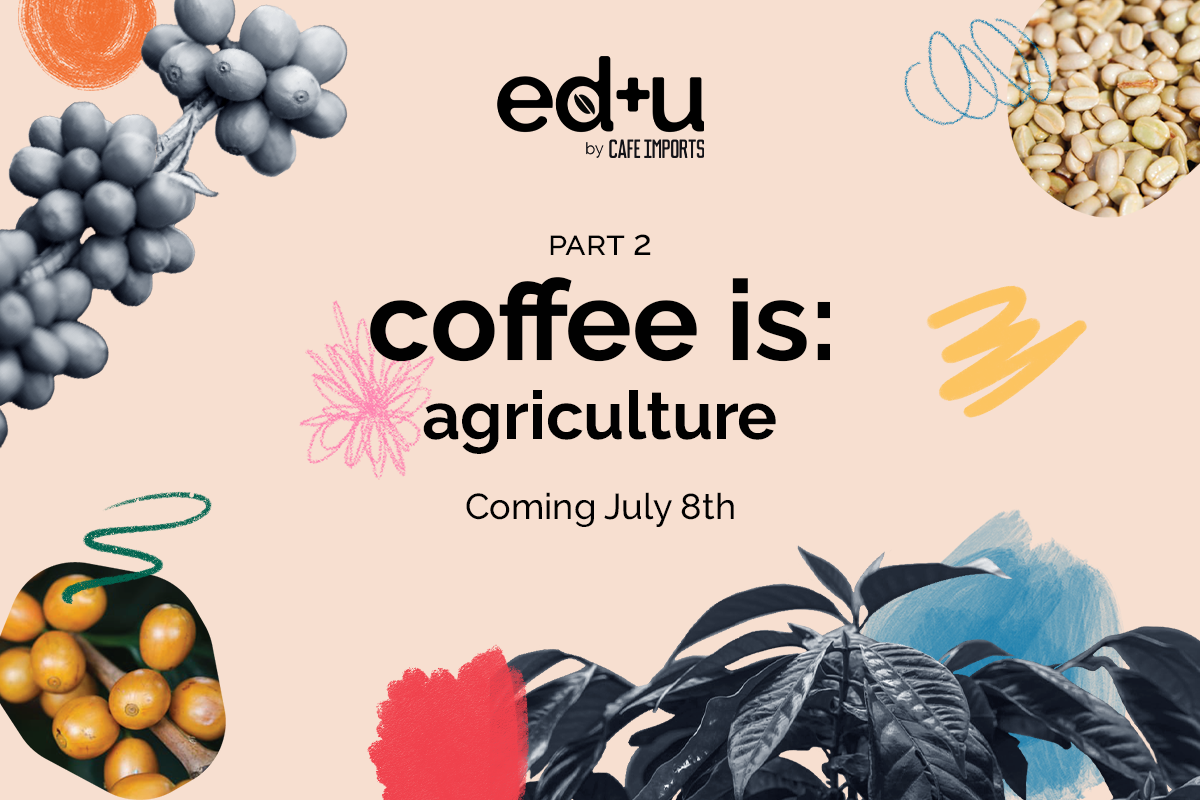
Join us for the launch of our brand-new ed+u class, coffee is: agriculture, part 2 of a six-part series that examines the industry in broad strokes. This class is all about coffee as an agricultural product, diving into the tasks of coffee production. Coming July 8th.

A new documentary series delving into the rich history and passion of Costa Rican coffee producers. Episode One features Cerro San Luis Micromill.
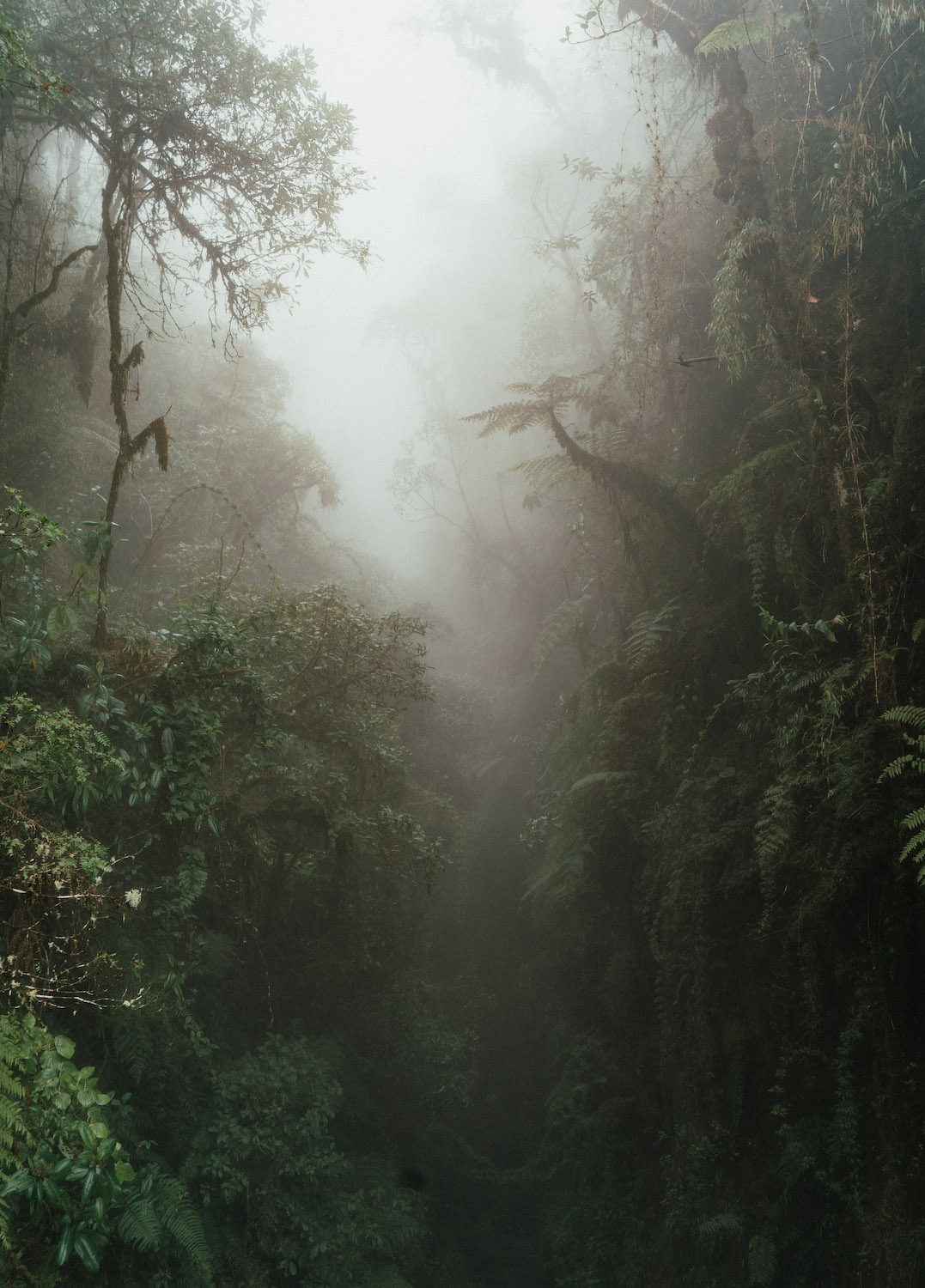
As we continue to add exciting new coffees to our offering list, we believe it is equally important to bolster the digital resources we have supporting the countries we source on the ground in. We recently added origin pages for Bolivia, India, and Flores to our site.
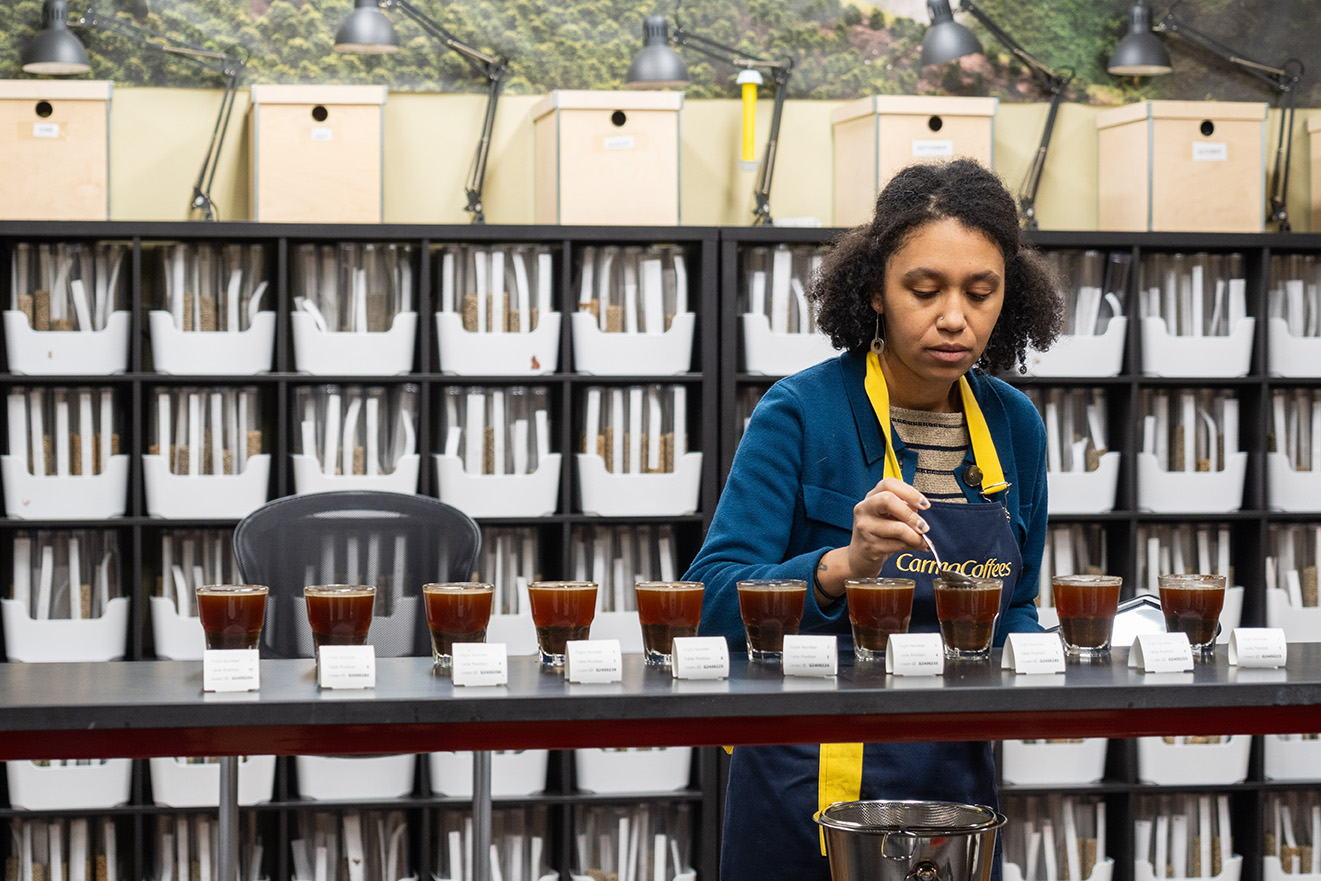
In sensory analysis, common physiological and psychological sensory errors should be accounted for when designing cupping protocols. Welcome to a new blog series by Ian Fretheim, Director of Sensory Analysis, diving into how we control for these common sensory errors.
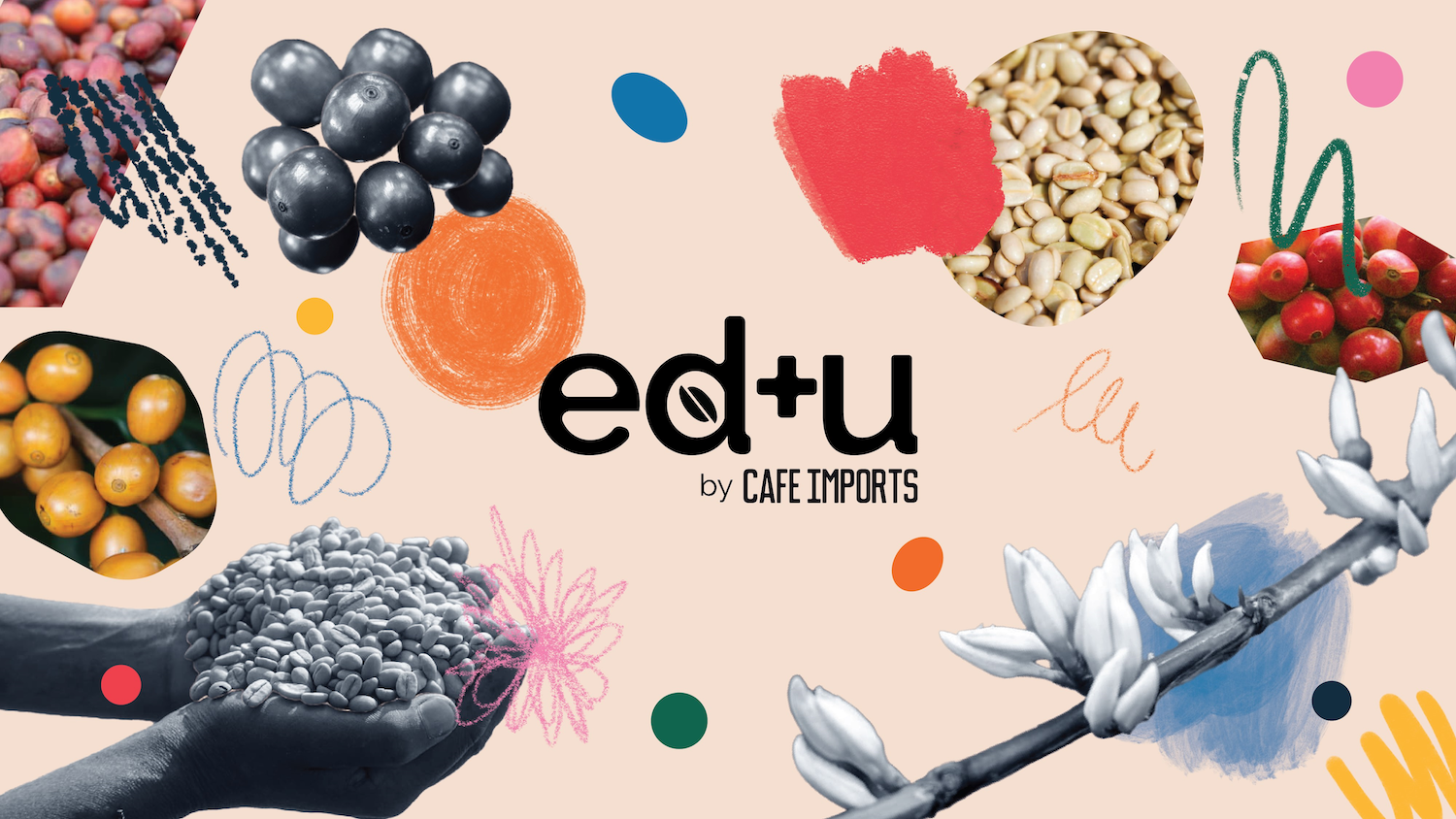
A brand new coffee education platform offering classes developed for both students and trainers.
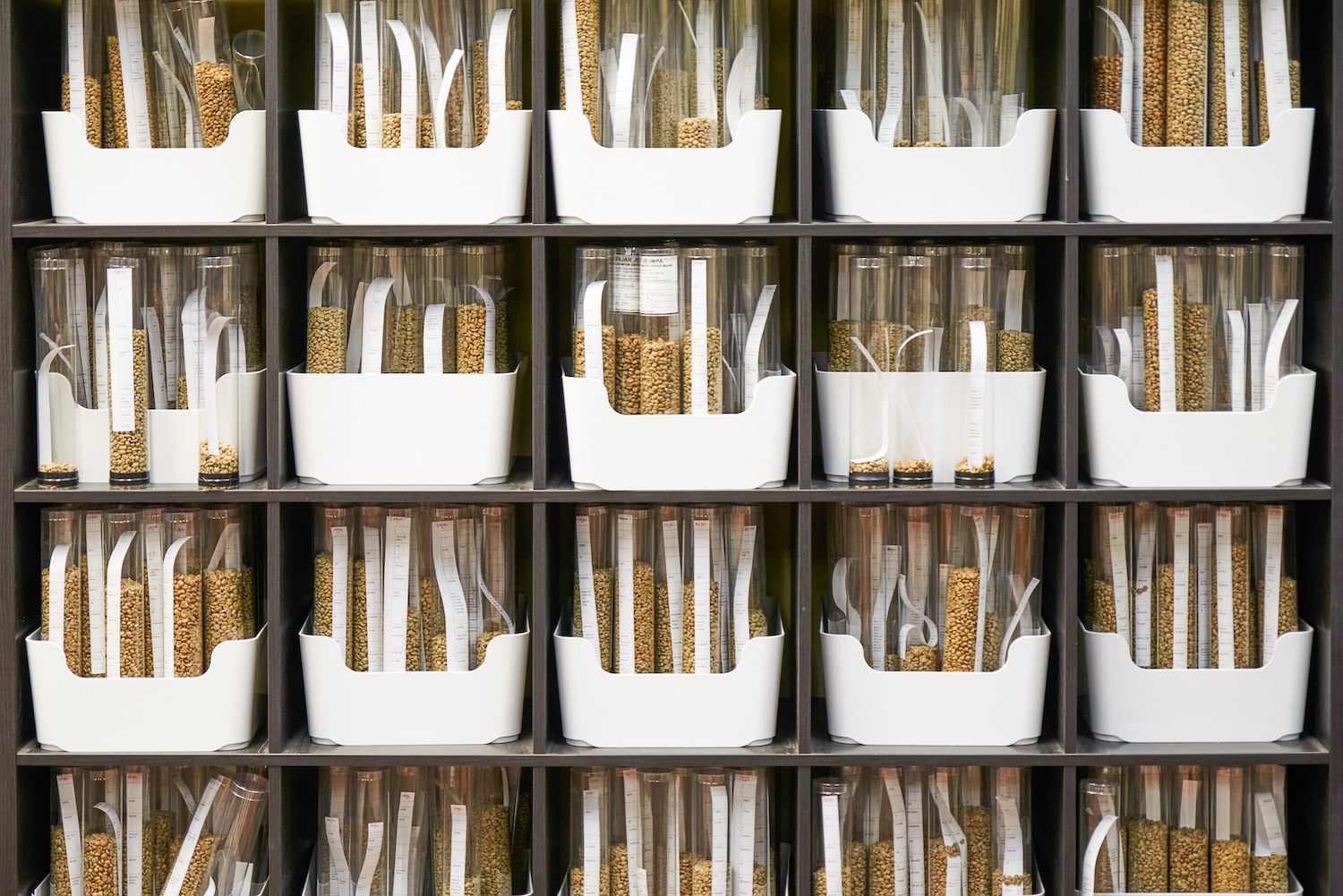
This past week our Director of Sensory Analysis, Ian Fretheim, joined Zachary Cartwright as a guest on his podcast “Water in Food.” The two dove into a discussion on the role water plays in specialty green coffee, exploring findings from our sensory team’s long-term study on water activity (Aw), talking about sensory science as it relates to coffee, and getting excited about the future of cupping with our new Coffee Rose.
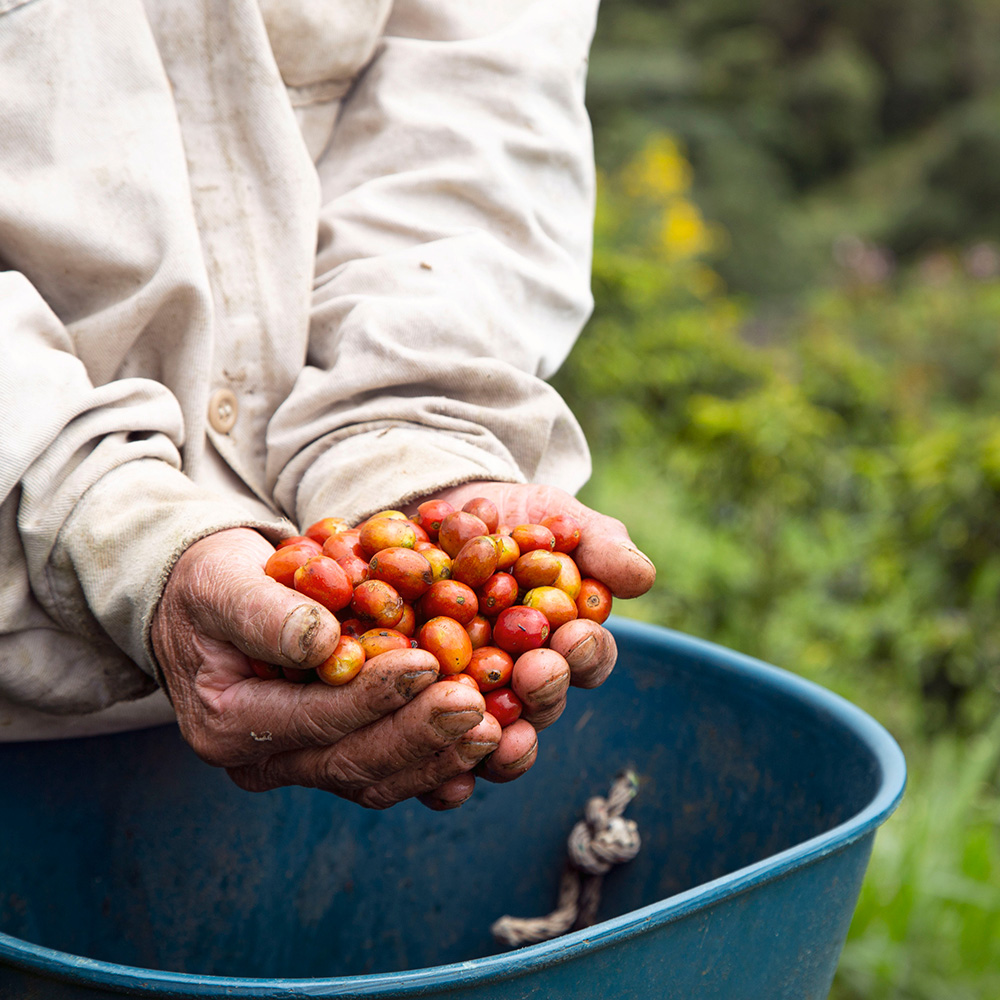
One area that has been rightly ripping, in particular relative to historical norms, has been the introduction, interest in, and acceptance of new coffee varieties. When Castillo was introduced many people wanted to turn their noses up at it. In our lab, we were more accepting, as the results on the cupping table were impossible to deny. We regularly found it to perform well against Caturra, Typica, and the many other varieties that we blinded it against. When it won the Cup of Excellence, people were somehow shocked, going so far as to disbelieve the results.
And then, seemingly overnight, Castillos were broadly accepted. What happened?